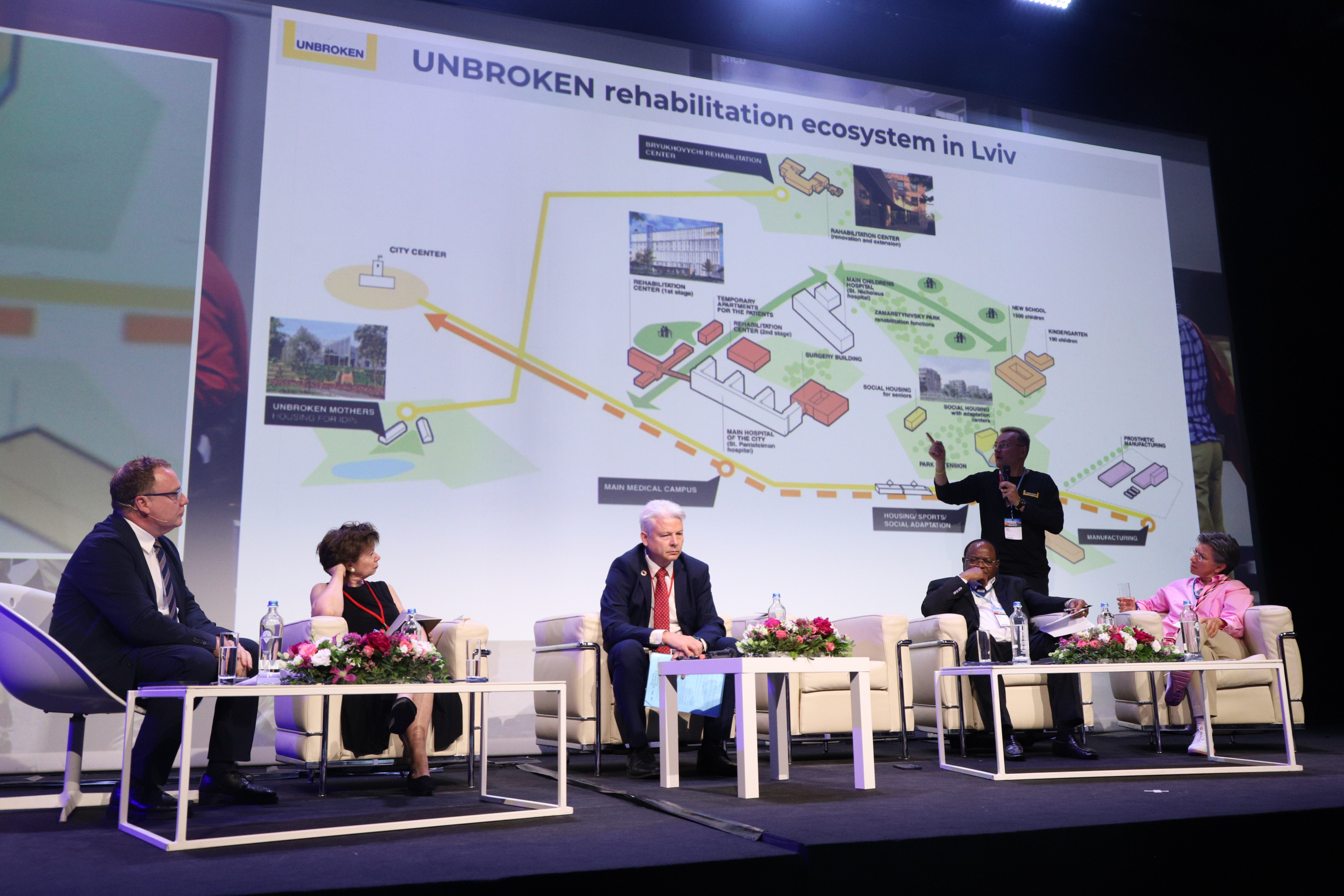According to the United Nations, over 108 million people worldwide have been compelled to relocate due to conflict, persecution, violence, or human rights violations. Among them, 62.5 million are considered internal migrants who seek new opportunities in cities, thereby placing pressure on public services and impacting social cohesion.
As major recipients of migration, cities find themselves at the forefront of caring for these individuals, witnessing transformations in the urban landscape and an increase in cultural diversity. Consequently, cities must acknowledge their shortcomings to continually learn and effectively manage the phenomenon of migration.
Over the past two decades, the settlement of migrants on the outskirts of cities has risen. Concentrated migration in specific areas can lead to unsustainable patterns, burdening the peripheries and fostering competition with local residents, resulting in serious conflicts. Moreover, it exacerbates inequalities, strains basic services, hampers access to housing, and jeopardizes social cohesion.
In this context, the plenary session held on 14 June 2023 emphasized the imperative of collaborative efforts to facilitate the welcoming and integration of migrants, fostering solidarity among citizens to achieve shared goals.
Ayşe Çağlar, professor of social and cultural anthropology at the University of Vienna, underscored the importance of understanding that cities have always been shaped by migrants, necessitating an empirical approach to finding the most effective solutions.
The Mayor of Bogotá, Claudia López, highlighted that “the best investment for national and local governments is to support people so that they can live their best lives in countries.” She showcased the programs that Bogotá has initiated to integrate migrants and mentioned the cooperation between the city and the national government. Bogotá has embraced over 625,000 migrants from Venezuela, considered “the new Bogotanos,” who would not have been accommodated without the changes in national policies.
Mayor Adama Sangaré of Bamako emphasized the need for collaboration, stating, “No city alone can control migration. We have to work together tactically, beyond theory.” He highlighted the challenges his city faces due to migration caused by terrorism and armed conflicts, with rural communities relocating to urban areas.
The second part of the session delved into how diversity shapes cities and explored strategies that local governments can employ to transform social, cultural, and economic challenges into opportunities. Eric Corijn, a professor at the University of Brussels, stressed that migration is not just an urban issue but a national one. Failure to integrate migration can become problematic for the state.
Mayor Nathalie Appéré of Rennes underscored the historical relationship with migration and emphasized the importance of providing welcoming conditions. She stressed the need to eliminate camps, ensure the preservation of rights, and guarantee access to education to truly value diversity.
The South African Minister for Cooperative Governance and Traditional Affairs, Thembi Nkadimeng, emphasized the importance of legislation in fostering social cohesion. Systems and processes should be inclusive to enable productivity and improved quality of life for all.
The session highlighted the complex nature of migration and underscored the significance of comprehensive and collaborative approaches to address the challenges and opportunities it presents.

